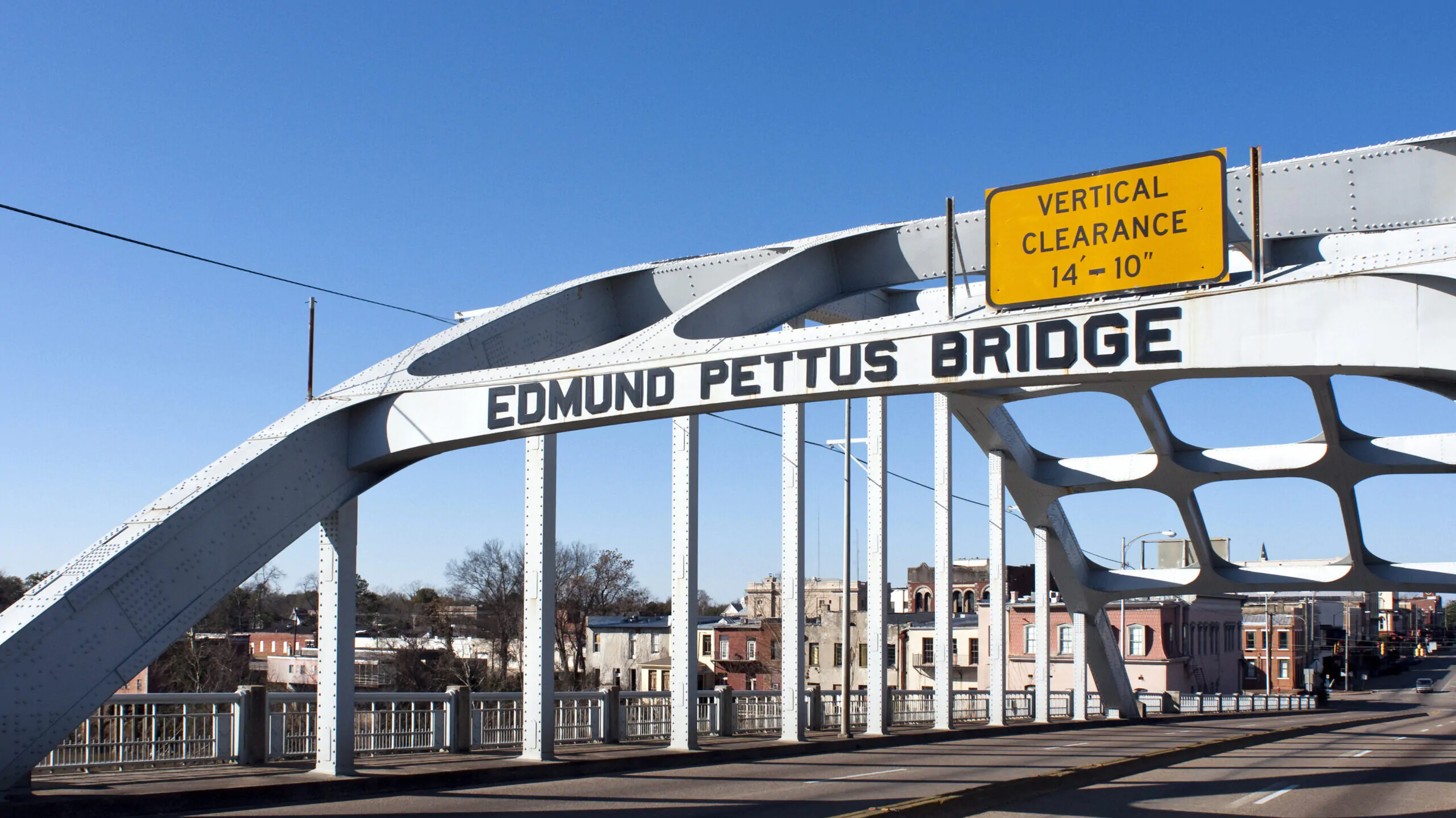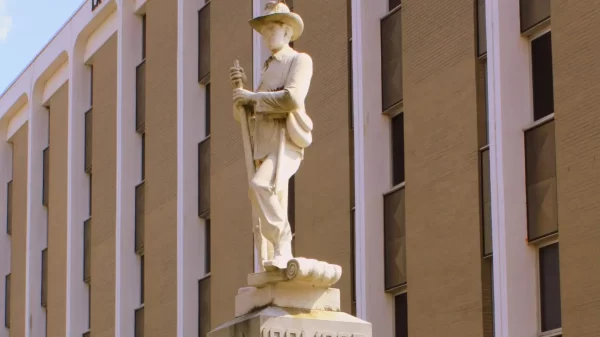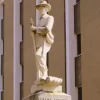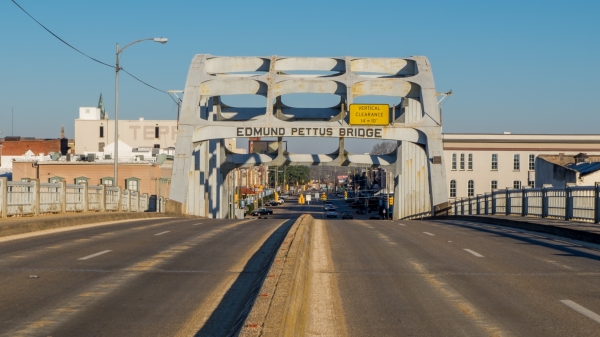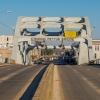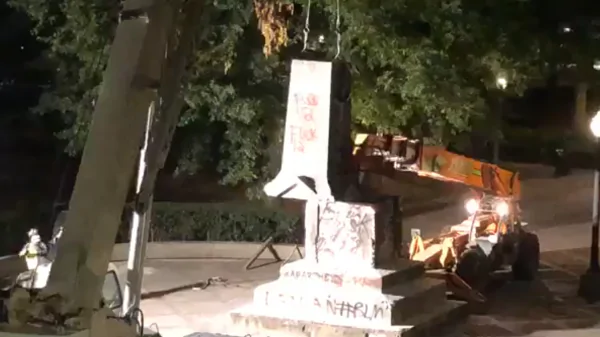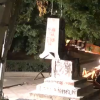A California man who bears the surname at the center of a debate about how history is remembered has come out in support of renaming the Edmund Pettus Bridge.
“I share that name of Pettus with secessionists, slave owners, and traitors to the United States,” David Pettus, 72, wrote in a statement he sent to several news outlets. “During the Civil War, they may have fought for (and several died for) what they believed, but what they fought and died for was wrong. It was not honorable. It was wicked. And they lost their fortunes as well as their lives in that wicked cause.”
Pettus tuned in to a virtual town hall event on Aug. 7 that was held to give Selma residents, some of whom marched across the bridge in 1965, a platform to discuss renaming the bridge. Local activists have criticized initiatives to change the name that have originated outside of Selma, proposed by people who have no connection to the community.
Pettus said he is sensitive to that and thinks that the town’s residents “need to have loud voices in any decision.” He said he was inspired by their comments.
“Therefore, as nothing more than a concerned citizen of this country – though as one who bears some relation to that disgraced name, I humbly make the following suggestions: 1) That the name of Edmund Pettus be removed from the bridge in Selma, to show that we can learn from our mistakes and be a better people than we have been in the past, and; 2) That the bridge henceforth be known as ‘Bloody Sunday Bridge’ to honor the historic events that occurred there in 1965; events led by John Lewis and others, and which raised all of us up to be better than we had been before.”
Pettus said he generally does not like the idea of things being named after people because people are fallible. He supports renaming the bridge after the event for which it is known because it would be attention-grabbing. He also said he supports the community’s goals of using the site to better educate people about what happened there.
Pettus retired from the real estate business and now writes full-time in California’s Bay Area, where he has spent his life. He was a student at the University of California, Berkeley in 1965, when the Bloody Sunday march etched his family name into civil rights history.
He wasn’t aware of the bridge’s name at the time and had no idea he was related to the former Confederate general and grand dragon of the Ku Klux Klan until two years later when he began researching his family’s Deep South roots. He wasn’t able to pinpoint his exact relation, he said, but believes Edmund Pettus was his great-great-great-uncle.
There was a generational split in his family between older relatives who had remained in the south and were “unreconstructed,” he said. A great-aunt he used to visit called the Civil War the War of Northern Aggression.
“My dad who had come west during World War II did not have any of those inclinations, I’m pleased to say, and raised us not to have them,” Pettus said.
He has been in touch with another descendant of Edmund Pettus who has called for the bridge to be renamed. A great-great-granddaughter, Caroline Randall Williams, penned a New York Times op-ed in June about the debate over Confederate monuments.
She issued a statement last month supporting the latest push to rename the bridge for the late Rep. John Lewis: “We need to rename the bridge because we need to honor an American hero, a man who made that bridge a place worth remembering. John Lewis secured that bridge’s place on the right side of history. We are not a people that were made to cling to relics of the past at the cost of our hope for the future. Renaming the bridge in John Lewis’s honor would be a testament to the capacity for progress, the right-mindedness and striving toward freedom that are at the heart of what’s best about the American spirit.”




































